Home>Garden Essentials>How Long Does It Take For Spinach To Germinate?
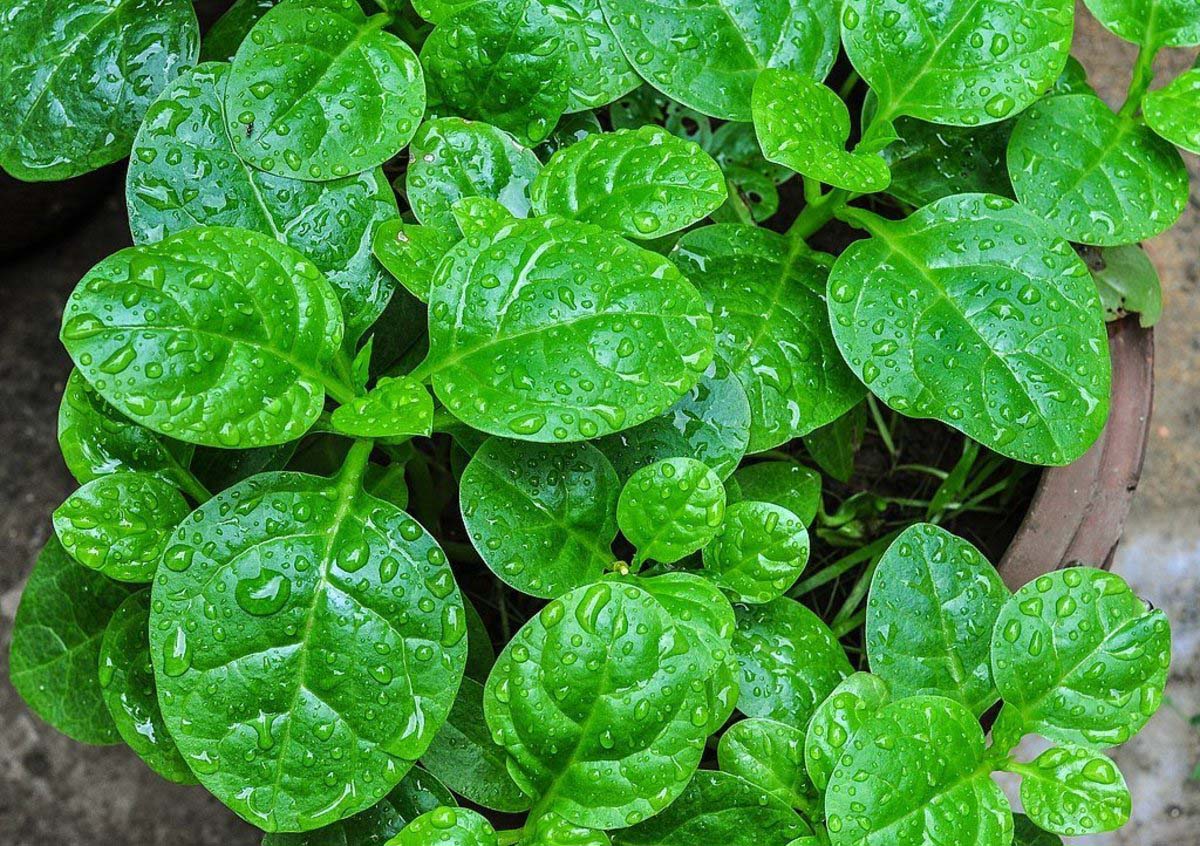

Garden Essentials
How Long Does It Take For Spinach To Germinate?
Modified: March 24, 2024
Discover how long it takes for spinach to germinate in your garden. Learn the best practices for successful spinach germination and cultivation.
(Many of the links in this article redirect to a specific reviewed product. Your purchase of these products through affiliate links helps to generate commission for Storables.com, at no extra cost. Learn more)
Introduction
Welcome to the wonderful world of gardening! Growing your own vegetables can be a rewarding and fulfilling experience, and one vegetable that many gardeners love to cultivate is spinach. With its vibrant green leaves and nutritional benefits, spinach is a versatile and tasty addition to any garden or plate.
However, before you can enjoy the deliciousness of homegrown spinach, you need to understand the process of germination. Germination is the first crucial step in the growth of any plant, and it is the process by which a seed develops into a new plant. In the case of spinach, germination is the key to starting your spinach journey and reaping its healthy rewards.
In this article, we will explore the factors that affect spinach germination, the optimal conditions for germination, how long it takes for spinach seeds to germinate, and some expert tips to speed up the process. Additionally, we will address common issues and troubleshooting methods to ensure successful spinach germination in your garden.
So, get ready to dive into the world of spinach germination and embark on your garden-to-plate adventure!
Key Takeaways:
- Spinach seeds take 7 to 14 days to germinate, but you can speed up the process by pre-soaking, scarifying, and providing optimal conditions like moisture and temperature.
- Factors like temperature, moisture, and seed quality affect spinach germination. Follow expert tips and troubleshoot common issues for successful seedling growth.
Read more: How Long Does It Take Spinach To Germinate
Factors Affecting Spinach Germination
Several factors can influence the germination of spinach seeds. Understanding these factors will help you create the ideal conditions for successful germination and ensure the highest chances of seedling growth.
Temperature: Spinach seeds prefer cooler temperatures for germination. The optimal range is between 45°F (7°C) and 75°F (24°C). Temperatures that are too high or too low can inhibit germination or slow down the process.
Moisture: Adequate moisture is crucial for spinach seeds to germinate. If the soil is too dry, the seeds may fail to sprout. On the other hand, soggy or waterlogged soil can lead to rot and seedling death. It’s important to maintain a consistent level of moisture in the soil during germination.
Light: Unlike some other seeds, spinach seeds do not require exposure to light for germination. In fact, spinach seeds germinate best in darkness. Therefore, it is not necessary to provide a light source during the germination process.
Soil Quality: Spinach seeds prefer well-draining soil that is rich in organic matter. A loose and friable soil texture allows for proper root development and easy penetration for emerging seedlings. It’s important to prepare the soil before planting to ensure optimal germination conditions.
Seed Quality: High-quality seeds are essential for successful germination. It is recommended to purchase seeds from reputable suppliers or harvest seeds from healthy and mature spinach plants in your garden. Using old or damaged seeds may reduce the germination rate and result in poor seedling growth.
Seed Depth: Spinach seeds are relatively small, and they should be planted at a shallow depth. Planting the seeds around 1/4 to 1/2 inch deep in the soil is sufficient for germination. Planting too deep may inhibit seedling emergence, while planting too shallow can expose the seeds to drying out or being disturbed by environmental factors.
Seed Scarification: Spinach seeds have a hard outer coat that can sometimes hinder the germination process. To improve germination rates, you can consider scarifying the seeds by gently rubbing them with sandpaper or soaking them in warm water overnight. This process helps to break down the seed coat and allows for quicker and more successful germination.
By considering these factors and creating the ideal germination conditions, you can significantly increase the chances of successful spinach germination. Now that we understand the factors that affect germination, let’s explore the optimal conditions for germinating spinach seeds.
Optimal Germination Conditions for Spinach
To maximize the germination success of spinach seeds, it is important to provide the optimal conditions for their growth. Here are the key factors to consider:
Temperature: Spinach seeds thrive in cool temperatures. The ideal range for germination is between 45°F (7°C) and 75°F (24°C). You can start sowing spinach seeds in early spring when the soil temperature reaches around 45°F. Avoid planting during extremely hot summer months, as high temperatures can inhibit germination.
Moisture: Adequate moisture is crucial for successful germination. Keep the soil evenly moist but not waterlogged. You can mist the soil surface or gently water it to maintain the desired moisture level. Using a misting nozzle or a watering can with a fine rose attachment can help prevent the seeds from being washed away or disturbed.
Soil Type: Spinach prefers loamy and well-draining soil. Prepare the soil by removing any debris, rocks, or weeds. Adding organic matter, such as compost or well-rotted manure, can improve soil fertility and drainage. Avoid using heavy clay or compacted soil, as it may hinder root development and seedling growth.
PH Level: Spinach prefers slightly acidic to neutral soil with a pH range of 6.0 to 7.0. Use a soil testing kit to assess the pH level of your garden soil. If the pH level is too low or high, you can amend the soil accordingly to bring it within the optimal range.
Light: Spinach seeds do not require exposure to light during germination. In fact, they germinate best in darkness. Place a thin layer of soil or vermiculite over the seeds to ensure they remain in a dark environment. Once the seedlings emerge, they will require 4-6 hours of direct sunlight per day for healthy growth.
Spacing: Space the spinach seeds properly to allow enough room for the seedlings to grow. Each seed should be sown approximately 1-2 inches apart in rows that are 12-18 inches apart. Crowded seedlings can compete for resources and inhibit growth, so adequate spacing is important.
Protection: Protecting the newly sown seeds from pests and extreme weather conditions is essential. Covering the seedbed with a light layer of straw or garden fabric can help retain moisture and prevent bird damage. Remove the covering once the seedlings emerge to allow for proper air circulation and sunlight exposure.
Providing these optimal germination conditions will significantly increase the chances of successful seedling emergence. However, it’s important to understand the typical time frame for spinach germination, which we will explore next.
Germination Timeframe for Spinach Seeds
The germination time for spinach seeds can vary depending on various factors, including temperature, moisture, and the quality of the seeds. On average, spinach seeds take around 7 to 14 days to germinate.
It’s important to note that spinach is a cool-season crop, and its germination is influenced by soil temperature. If the soil temperature is on the lower end of the optimal range (around 45°F), germination may take closer to the longer end of the timeframe. Conversely, if the soil is at the higher end of the optimal range (around 75°F), germination may occur more quickly.
During the germination process, the spinach seeds absorb moisture and swell, eventually cracking open as the roots and shoots emerge. You may notice the first signs of germination as tiny white roots appearing from the seeds. Soon after, the first green cotyledon leaves will emerge above the soil surface.
Patience is key during the germination period. It’s important to avoid disturbing the seeds or the emerging seedlings. Maintain consistent moisture in the soil and ensure proper temperature conditions to support healthy germination and seedling growth.
Now that we have an idea of the typical germination timeframe for spinach seeds, let’s explore some expert tips on how to speed up the germination process.
Spinach seeds typically germinate in 7-14 days when planted in well-drained soil with plenty of sunlight and kept consistently moist. Patience is key!
Tips for Speeding Up Spinach Germination
While spinach seeds generally have a consistent germination timeframe, there are a few tips and techniques you can employ to speed up the process and ensure quicker seedling emergence. Here are some expert tips to help you accelerate spinach germination:
Pre-soaking Seeds: Pre-soaking spinach seeds for 2-4 hours before planting can help reduce germination time. Simply place the seeds in water and allow them to absorb moisture before sowing. This softens the seed coat and speeds up the germination process.
Seed Scarification: As mentioned earlier, scarifying spinach seeds by gently rubbing them with sandpaper or soaking them in warm water overnight can help break down the seed coat. This allows water to penetrate the seed more easily, initiating germination faster.
Stratification: Cold stratification is a technique that mimics natural winter conditions, stimulating the seeds to break dormancy and germinate more quickly. Simply place the spinach seeds in a damp paper towel or in a plastic bag with moist soil and refrigerate them for 1-2 weeks before sowing.
Consistent Moisture: Maintaining consistent moisture in the soil is crucial for germination and seedling growth. Ensure that the soil is evenly moist throughout the germination period. Consider using a misting nozzle or a fine rose attachment on your watering can to avoid disturbing the seeds or washing them away.
Warm Soil: If you live in a region with a short growing season, you can warm up the soil before sowing spinach seeds. Cover the designated planting area with a black plastic sheet or mulch a few weeks before planting. This will help retain heat and warm the soil, encouraging quicker germination.
Provide Bottom Heat: Using a heating mat or placing seed trays on top of a warm surface can provide bottom heat, creating an ideal environment for germination. This technique can speed up the germination process significantly.
Optimize Germination Conditions: Ensure that you have provided the optimal temperature, moisture, and light conditions for germination. Regularly monitor soil temperature and adjust as needed. Maintain a consistent moisture level and avoid overwatering or allowing the soil to dry out.
By implementing these tips, you can expedite the germination process and enjoy the sight of sprouting spinach seedlings sooner. However, if you encounter any issues or challenges during the germination process, troubleshooting may be necessary, as we’ll discuss in the next section.
Read more: How Long Does It Take For Mint To Germinate?
Issues and Troubleshooting with Spinach Germination
While spinach germination is generally straightforward, there are a few common issues that may arise. Don’t worry, though – most problems can be easily resolved. Here are some common issues with spinach germination and how to troubleshoot them:
Poor Germination Rate: If you notice a low germination rate, the first thing to check is the quality of the seeds. Make sure you’re using fresh and viable seeds. If the seeds are old or damaged, they may have a lower germination rate. It is essential to purchase seeds from reputable sources or harvest seeds from healthy plants in your garden.
Inadequate Moisture: Spinach seeds require consistent moisture to germinate successfully. If the soil is too dry, the seeds may fail to sprout. Ensure that you’re providing enough moisture without overwatering. Check the soil regularly and adjust watering accordingly to keep it evenly moist but not waterlogged.
Temperature Extremes: Spinach prefers cooler temperatures for germination. If the soil temperature is too high or too low, it can delay or inhibit germination. Consider planting spinach seeds in early spring or during the cooler months to provide optimal temperature conditions. If planting in hot weather, providing shade or using row covers can help regulate the temperature and create a more favorable environment for germination.
Poor Soil Quality: Spinach prefers well-draining soil rich in organic matter. If the soil is heavy and compacted, it may hinder germination and seedling growth. Amend the soil before planting by adding compost or well-rotted manure to improve soil fertility and drainage.
Pest Damage: Pest issues, such as birds or insects, can lead to seed damage or loss. If you notice signs of pest activity, consider using protective measures such as covering the seedbed with garden fabric or installing bird netting. Remedy any existing pest problems in your garden to prevent future damage.
Fungal Diseases: Excessive moisture or poor air circulation can create favorable conditions for fungal diseases, such as damping-off, which can affect seed germination. To prevent fungal diseases, ensure proper drainage and provide good air circulation. Avoid overwatering and overcrowding of seedlings. Applying a fungicide labeled for seedling diseases can also help prevent fungal issues.
Inadequate Light: While spinach seeds do not require light for germination, once the seedlings emerge, they need adequate light for healthy growth. Ensure that the emerging seedlings receive 4-6 hours of direct sunlight per day or, if growing indoors, provide them with sufficient light from grow lights.
By troubleshooting these common issues and making the necessary adjustments, you can improve spinach germination rates and increase the chances of successful seedling growth. Remember, patience and persistence are key in the journey of gardening.
With our troubleshooting tips covered, it’s time to wrap up and summarize what we’ve learned about spinach germination.
Conclusion
Congratulations! You have now gained a deeper understanding of the germination process for spinach seeds. By optimizing the factors that affect germination, providing the ideal conditions, and applying expert tips, you can greatly increase the chances of successful spinach seedling emergence in your garden.
Remember, temperature, moisture, soil quality, and seed viability play crucial roles in spinach germination. Maintaining consistent moisture, providing proper temperature conditions, and ensuring well-draining soil are key to fostering healthy seedling growth.
Additionally, employing techniques like pre-soaking, scarification, and cold stratification can help speed up the germination process and get your spinach seeds sprouting sooner. Don’t forget to monitor the germination progress, adjusting as needed, and troubleshooting common issues that may arise along the way.
As your spinach seedlings emerge and grow, continue to provide them with proper care, including adequate sunlight, regular watering, and protection from pests and diseases. With time and patience, you will soon enjoy a bounty of nutritious and flavorful spinach leaves to incorporate into your meals.
Whether you’re a seasoned gardener or a beginner, the satisfaction of witnessing the germination and growth of your own spinach plants is truly rewarding. So, get your hands dirty, sow those spinach seeds, and embark on a delicious and nutritious journey with homegrown spinach!
Happy gardening!
Frequently Asked Questions about How Long Does It Take For Spinach To Germinate?
Was this page helpful?
At Storables.com, we guarantee accurate and reliable information. Our content, validated by Expert Board Contributors, is crafted following stringent Editorial Policies. We're committed to providing you with well-researched, expert-backed insights for all your informational needs.
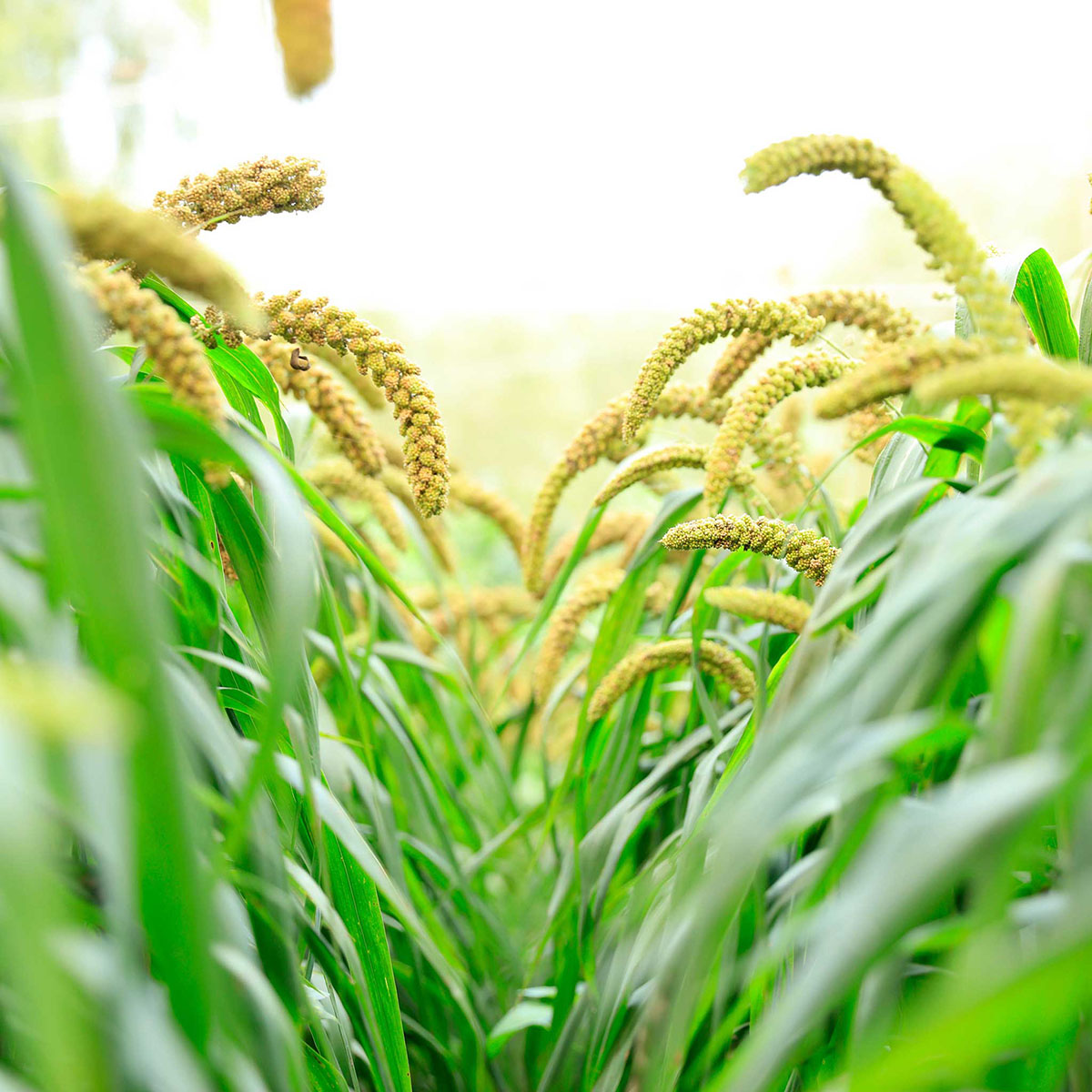


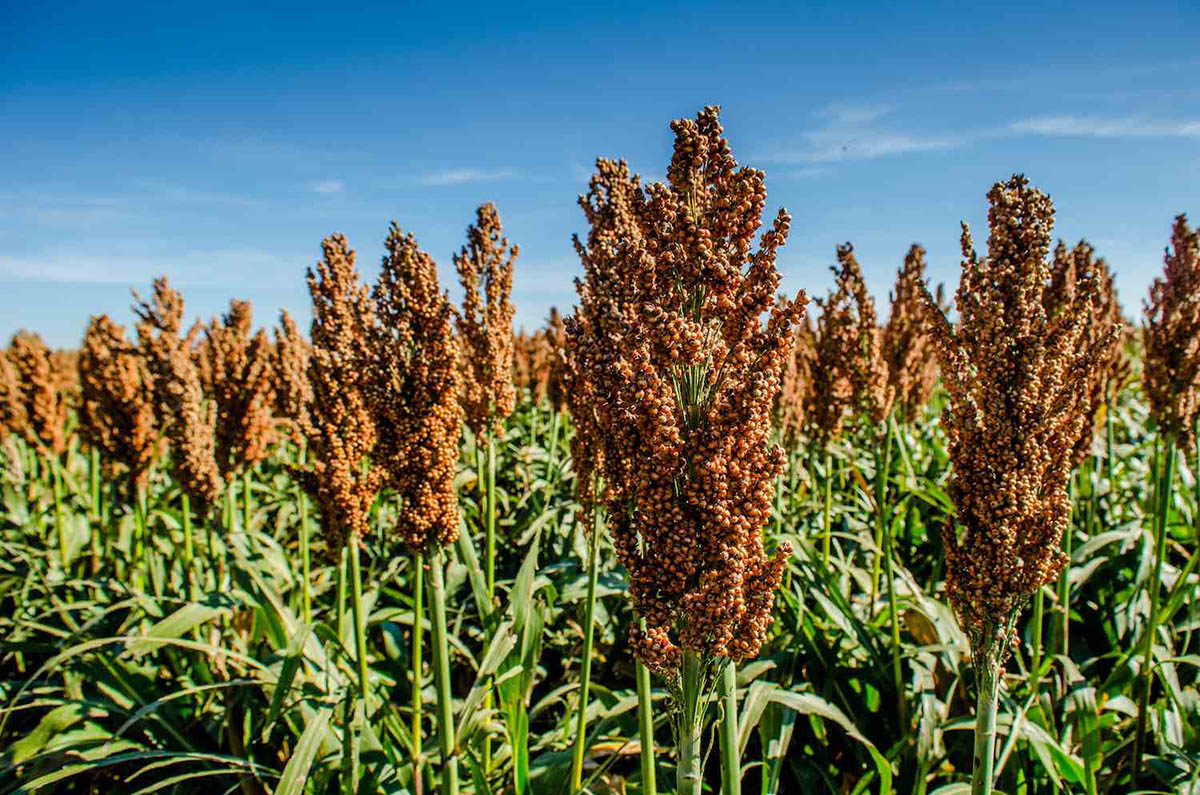
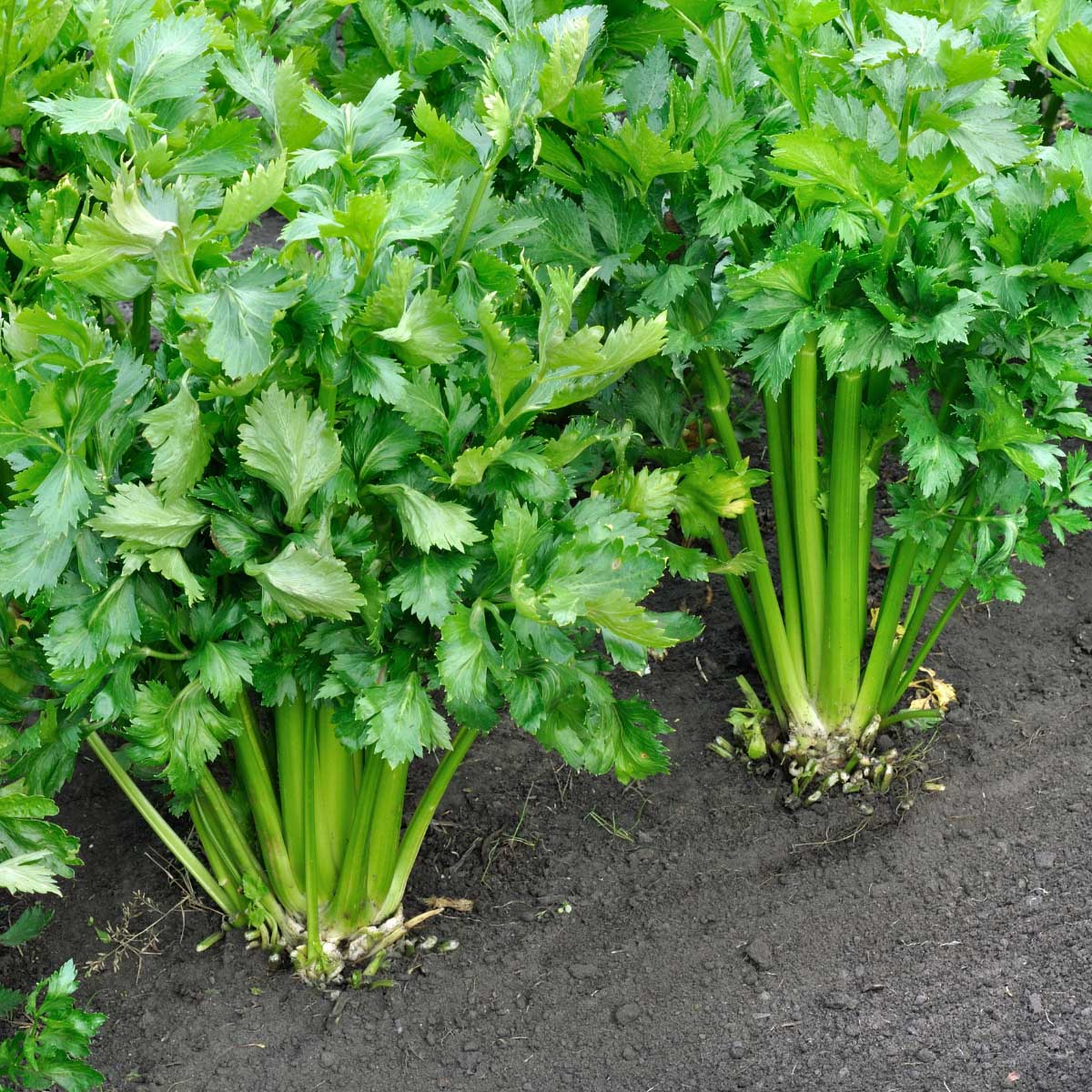

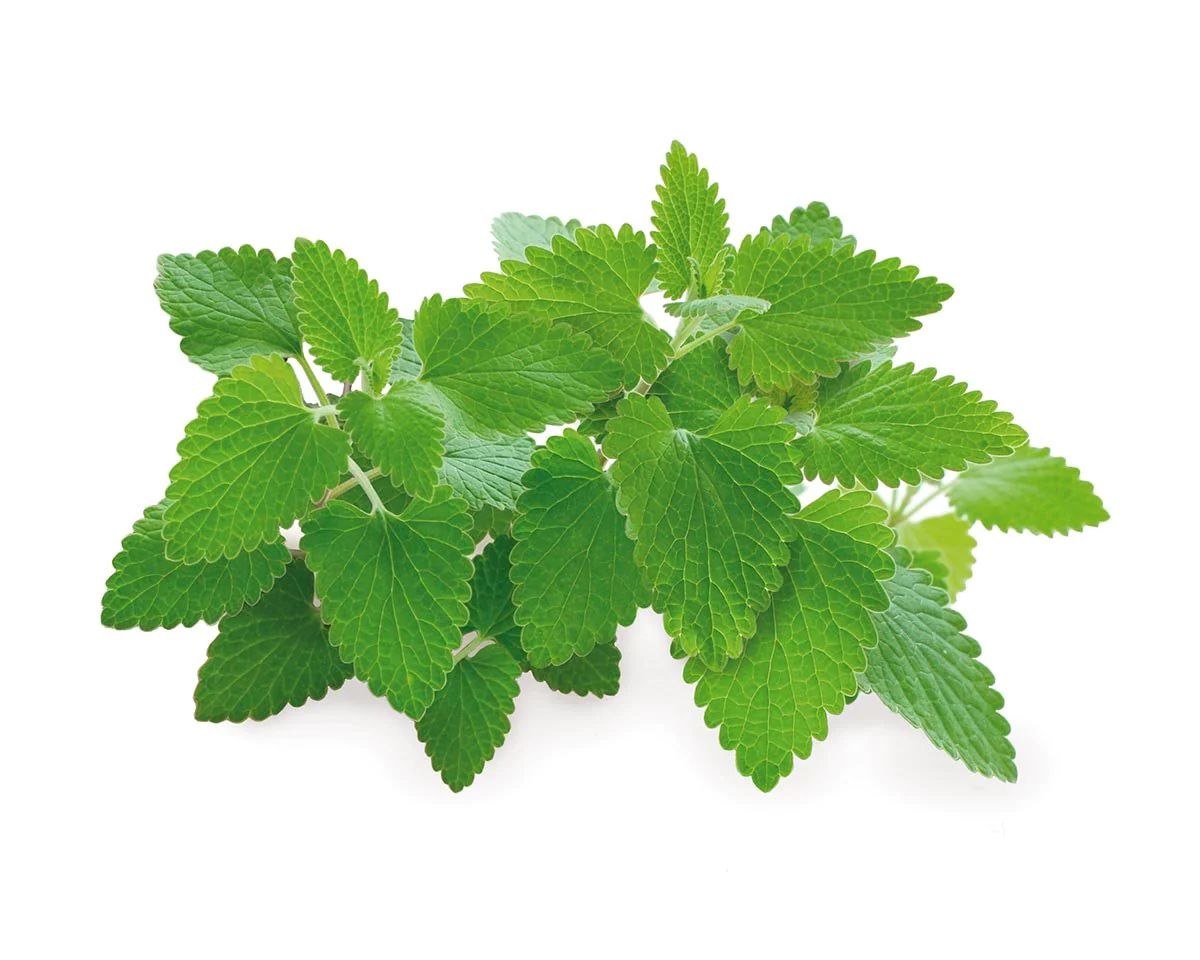
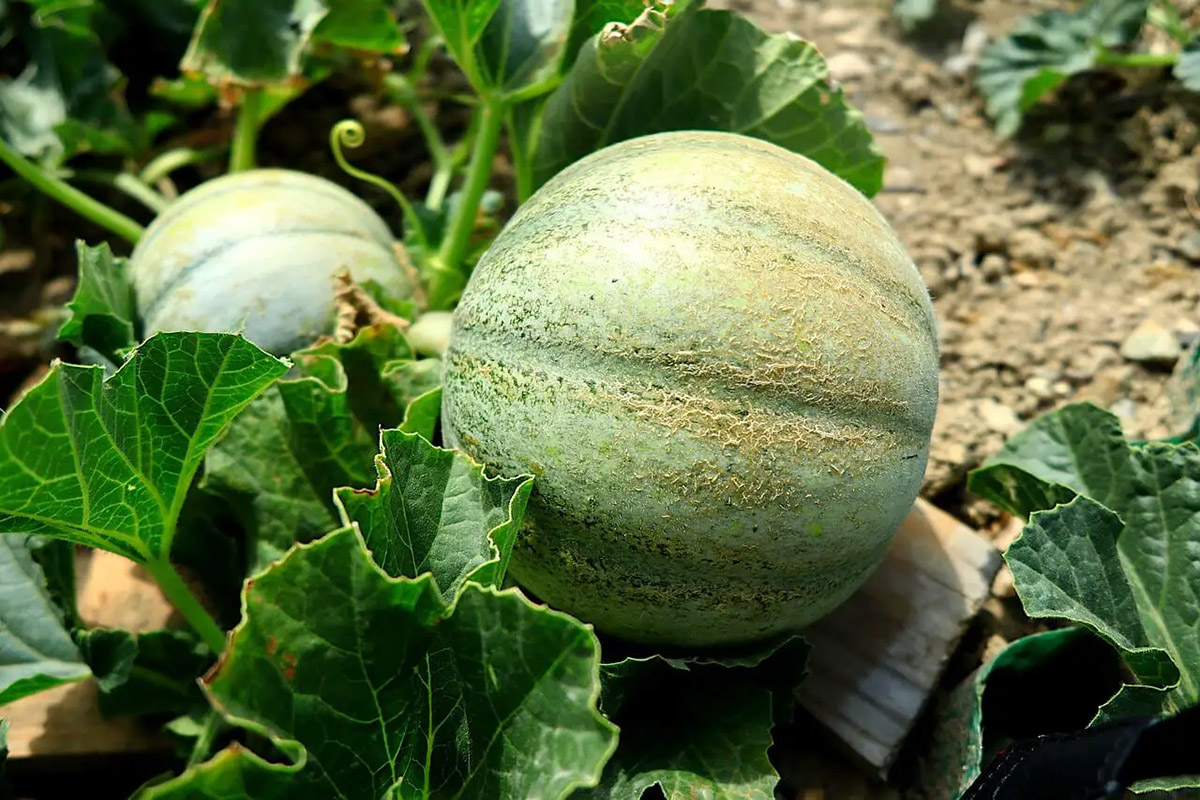
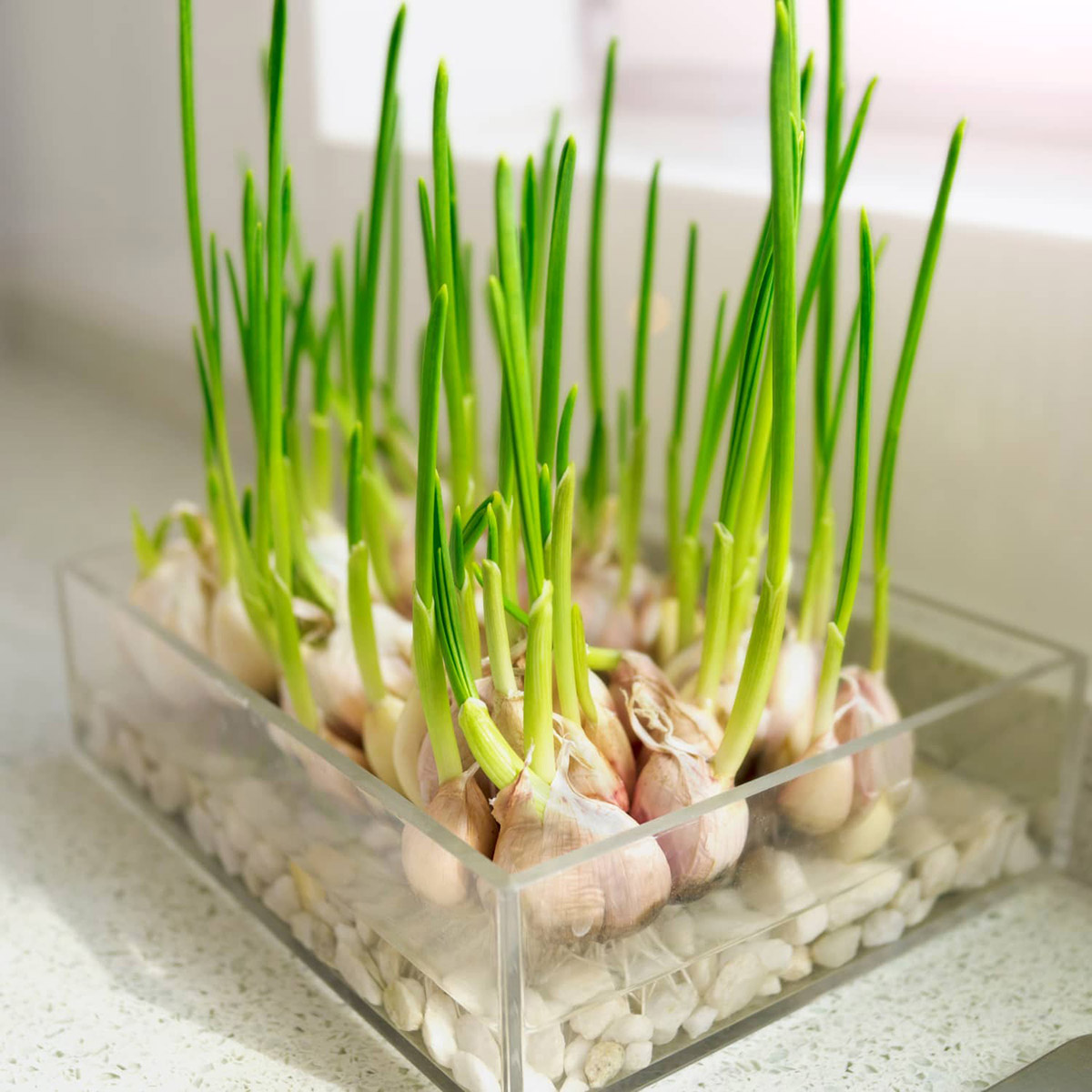

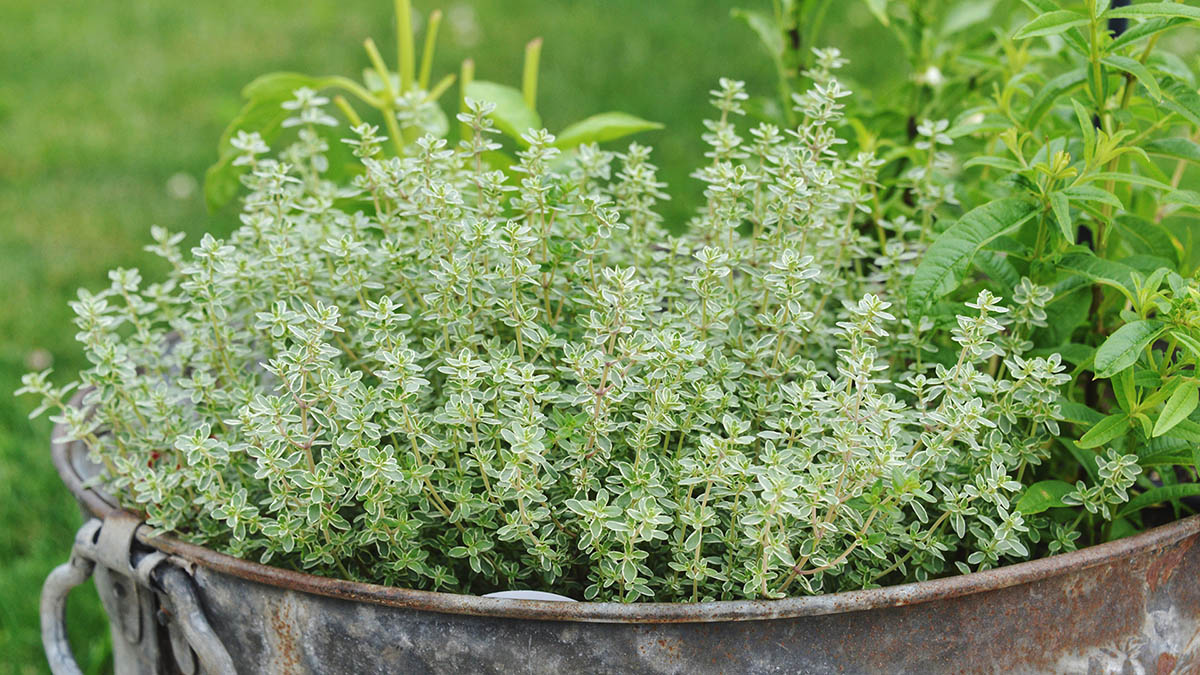
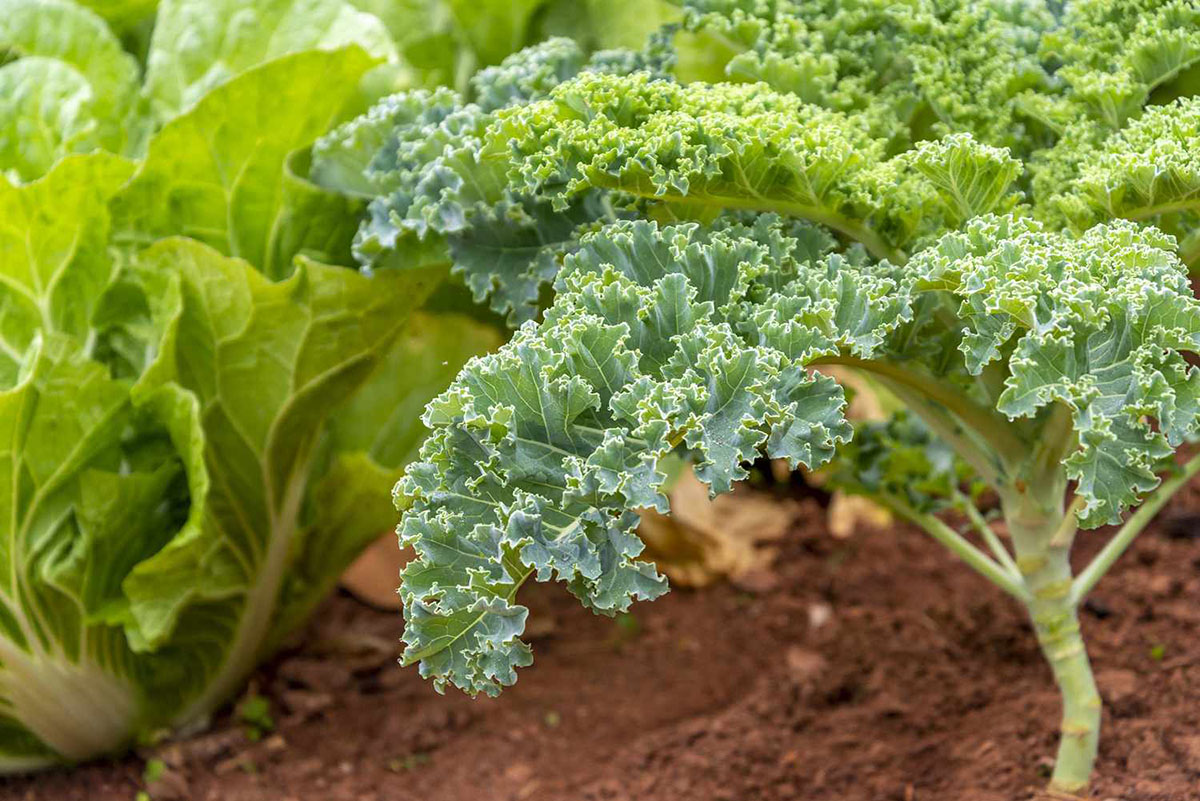

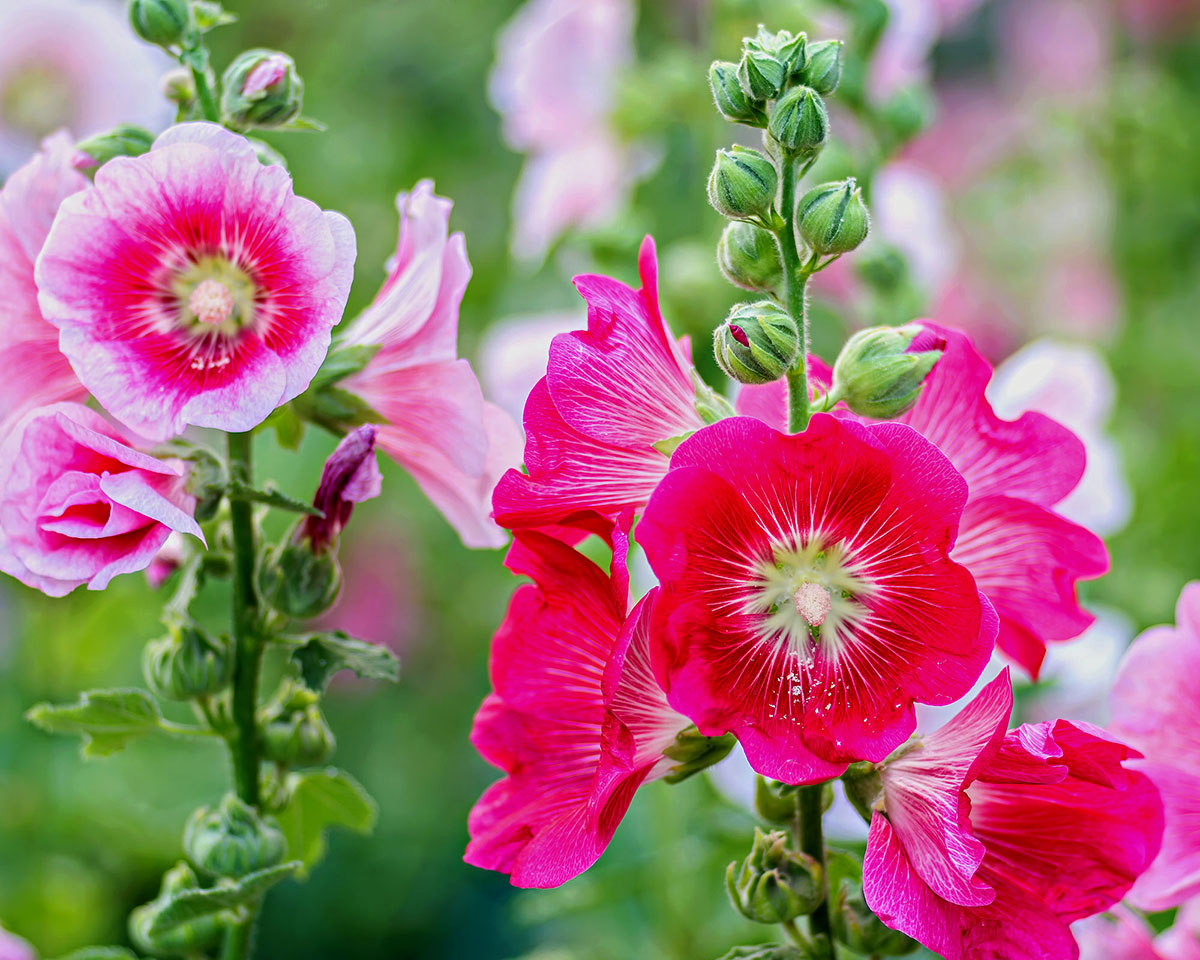

0 thoughts on “How Long Does It Take For Spinach To Germinate?”